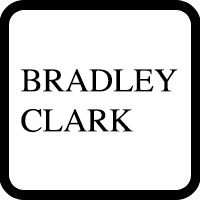Gallaway Bankruptcy & Debt Lawyer, Tennessee
Sponsored Law Firm
-
 x
x

Click For More Info:
-
Fitzgerald & Campbell, APLC
400 N. Tustin Avenue Suite 401 Santa Ana, CA 92705» view mapBankruptcy & Debt Lawyers Who Solve Serious Problems
We are a motivated, respected, and experienced law firm that provides affordable services that get results.
800-732-9061
Bradley Laird Clark
✓ VERIFIEDBankruptcy & Debt
Bradley Clark is a practicing lawyer in the state of Alaska handling Bankruptcy & Debt matters.
FREE CONSULTATION
CONTACTFREE CONSULTATION
CONTACTFREE CONSULTATION
CONTACTJimmy E. McElroy
Social Security -- Disability, Wills & Probate, Family Law, Criminal, Bankruptcy
Status: In Good Standing
FREE CONSULTATION
CONTACTLaura Sanford
Reorganization, Bankruptcy, Bankruptcy & Debt
Status: In Good Standing Licensed: 27 Years
Laura Lillian Sanford
Reorganization, Bankruptcy, Bankruptcy & Debt
Status: In Good Standing Licensed: 27 Years
Eugene Gartly Douglass
Insurance, Reorganization, Family Law, Trusts
Status: In Good Standing Licensed: 50 Years
John R. Windsor
Wills & Probate, Corporate, Bankruptcy, Business Organization
Status: In Good Standing Licensed: 33 Years
 Gregory Fitzgerald Santa Ana, CA
Gregory Fitzgerald Santa Ana, CA AboutFitzgerald & Campbell, APLC
AboutFitzgerald & Campbell, APLC Practice AreasExpertise
Practice AreasExpertise

